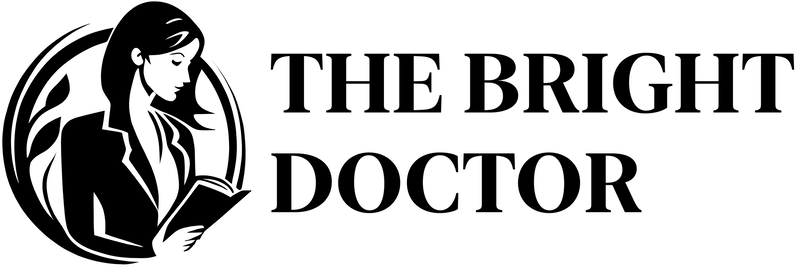Touro College of Osteopathic Medicine (Harlem)
Gaining admission to Touro College of Osteopathic Medicine (Harlem) is Moderately Competitive. Applicants typically have an average GPA of 3.56 and an average MCAT score of 509.
Statistics
To summarize, listed below are the most important academic statistics for Touro College of Osteopathic Medicine (Harlem) applicants:
Students Who Got In, Helping You Get In
Get your application reviewed by top medical students on AdmissionPeer™

Tuition
Affording medical school can be tough, often requiring students to take on significant loans. Information about the yearly tuition for Touro College of Osteopathic Medicine (Harlem) is below.
For more information about tuition at Touro College of Osteopathic Medicine (Harlem), visit the following link: https://tourocom.touro.edu/admissions--aid/tuition/
Friendliness
Some schools prefer in-state candidates, while others are more receptive to out-of-state or international applicants. View our school "friendliness" scores for Touro College of Osteopathic Medicine (Harlem) below:
IN-STATE
OUT-OF-STATE
INTERNATIONAL
Mission Statement
It is always important to read and understand a medical school's mission statement before applying. Often, you will find out what the medical school stands for, and if you fit in with the general "vibe" of the medical school. However, being honest, most medical schools have the same run-of-the-mill mission statement as everybody else. Anyways, you can be the judge. Below you can find the mission statement for Touro College of Osteopathic Medicine (Harlem):
For more information on the mission statement for Touro College of Osteopathic Medicine (Harlem), visit the following link: https://tu.edu/programs/osteopathic-medicine/about/
Situational Judgement Tests
Touro College of Osteopathic Medicine (Harlem) does not require the completion of either the CASPer® nor the AAMC PREview™ examinations.
CASPer® Question Bank
Be confident on the CASPer® test, with over 100 expert-designed scenarios.
Dates, Deadlines, and Fees
Throughout your application cycle, there are many dates to be cognizant of in order to ensure the successful completion of your application.
The secondary application deadline is the final day for all your application materials to be together, which includes submitting the secondary essays, all letters of recommendation, all test scores, etc. Sometimes, schools may have earlier deadlines for letters of recommendation. However, note that for the vast majority of schools it is best to submit your secondary application as soon as possible: within 2 weeks of receiving the secondary application is a good rule-of-thumb.
Below are some other helpful dates:
Medical School Interview Question Bank
Learn to provide expert answers with expert questions & model answers.
Prerequisite Courses
Most schools have a list of prerequisite courses that you need to have completed before matriculating. View information provided for Touro College of Osteopathic Medicine (Harlem) below:
PHYSICS
CHEMISTRY
GenChem = General Chemistry
OChem = Organic Chemistry
Biochem = Biochemistry
(may substitute 4 semester units of Biochemistry for 4 semester units of Organic Chemistry or General Chemistry)
BIOLOGY
GenBio = General Biology
HL Bio = Higher Level Biology
HUMANITIES & BEHAVIORAL SCIENCES
ENGLISH/WRITING
MATHEMATICS/STATISTICS
Math or Computer Science
OTHER REQUIRED COURSES
OTHER RECOMMENDED COURSES
Human anatomy, Human physiology
SOURCE: https://tu.edu/programs/osteopathic-medicine/admissions/
Special Programs
Many schools have dual-degree programs for motivated applicants. View the ones offered at Touro College of Osteopathic Medicine (Harlem) below:
Contact Information
View contact information (phone and email) available to contact Touro College of Osteopathic Medicine (Harlem) below:
CONTACT #1
CONTACT #2
Secondary Application Essay Prompts
Below are the past secondary (supplemental) application essay prompts for Touro College of Osteopathic Medicine (Harlem).
Interview Questions
Below are common interview questions that you might encounter on your important day for Touro College of Osteopathic Medicine (Harlem).
